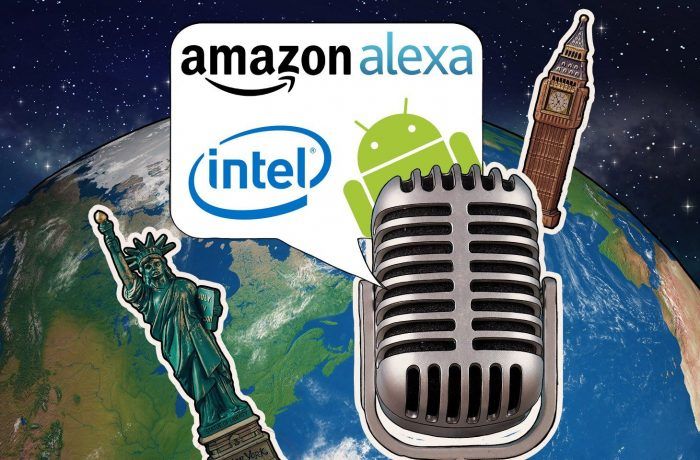
Transatlantic Cable podcast, episode 18
In this week’s edition of Kaspersky Lab’s podcast, Jeff and Dave discuss Alexa ads and helping police, Intel’s “meltdown,” and more.
271 articles

In this week’s edition of Kaspersky Lab’s podcast, Jeff and Dave discuss Alexa ads and helping police, Intel’s “meltdown,” and more.

The new Loapi Trojan will recruit your smartphone for DDoS attacks, bombard it with ads, or use it to mine cryptocurrency, making it red-hot.

Google’s new E-Screen Protector prompts users when prying eyes are on their smartphone screen. Is this technology useful?
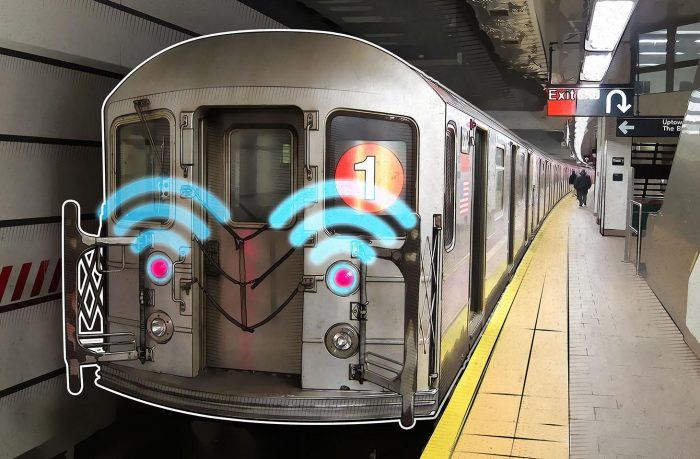
Can’t resist the convenience of free Wi-Fi? Here’s a way to make it secure.

This versatile mobile banking Trojan morphs into ransomware on detecting a removal attempt.

Several months ago, our experts found a bunch of vulnerabilities in Android apps that allow users to control their cars remotely. What has changed since then?
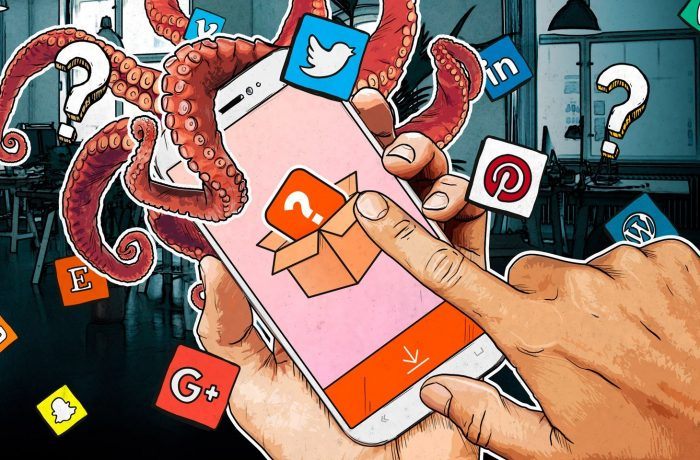
Android users have the largest selection of mobile apps, but that means they are also exposed to the most threats. Avoid mobile malware by following some basic security rules.

How mobile Trojans exploit WAP billing to steal money, and how to protect yourself.

Android Trojans have been mimicking banking apps, messengers, and social apps for a while. Taxi-booking apps are next on the list.

Modern smartphones are fast, powerful, and capable of practically anything. There is one catch, though: Give them a task and the battery charge evaporates.
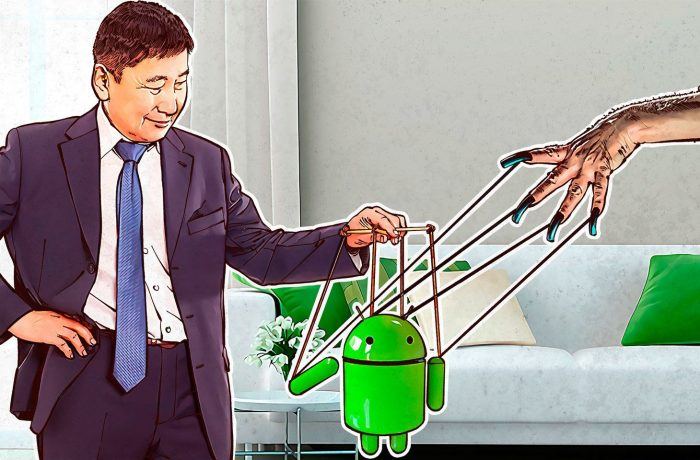
Many users of devices running Android are tempted to root them. Here we explain the good and bad sides of having superuser rights.

How a couple of simple permissions let an application steal passwords, log user actions, and do many other nasty things.

Applications that offer to pay you for installing other applications tend to shove malware at you.

The most sophisticated attack ever seen on any endpoint, this modular spyware lurks on Android and iOS.

As our research shows, the actual costs of a cybersecurity incident to a financial institution can add up to as much as $926,000.

Modern Android users have, on average, 66 apps installed on their devices. Most of these apps start working without users launching them.
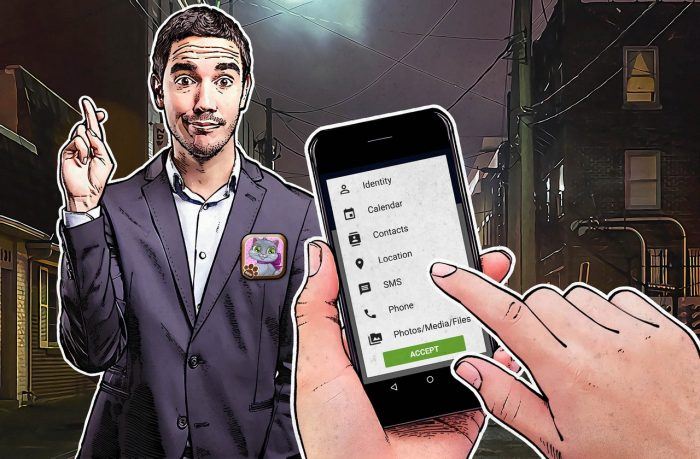

Why does a ‘make-over’ app require your location, private data and your phones IMEI number? Something’s not right.


We discovered a Pokémon Go Trojan in Google Play. It had already been downloaded 500,000 times.

Some Android Trojans can write reviews and rate apps on behalf of users, but without their consent.